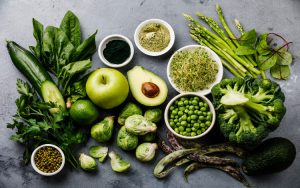When it comes to nutrition, there is always a ‘hot new thing’ that has the most amazing health benefits. The ‘thing’ that prevents disease, cures ailments, boosts metabolism and even makes you lose weight. Think for a moment about the crazes you’ve come across – wheatgrass shots, grapefruit, goji berries, cabbage soup and the latest…coconut everything – oil, water, milk, cream. Just like magic weight loss pills don’t exist, neither does a single food exist as a cure all. There are plenty of benefits to individual foods. But in reality, the rise in popularity of coconut products may be doing you more harm than good.
Coconut water
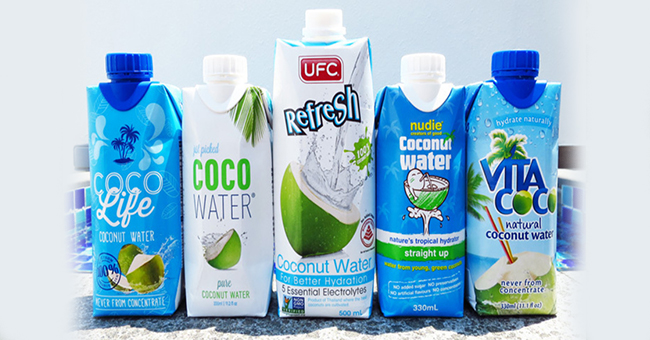
In Asia, it’s common to see and buy coconut water. We are all familiar with the vendor serving the freshly drilled green coconut with a straw. It’s a well-known health drink that’s not to be confused with coconut milk (which you can read more about below). What is somewhat new is funky packaging with bold label claims. Every time we turn around at the gym or yoga studio there seems to be someone sipping on their post-workout coconut water.
The marketing of coconut water
The marketing hype on the stylish labels is hard to ignore. Clever selling benefits of “jam packed with electrolytes” or “containing more potassium than a banana” or “rapid rehydration” are getting people’s attention. But at what cost?
Dietitian Jaclyn Reutens, Aptima Nutrition & Sports Consultants, says “Coconut water is mainly a source of fluid, potassium and sugar. Any other nutrients found are in negligible amounts.” She adds “A regular banana contains about 360mg potassium per 100gm, whereas bottle coconut water contains 200-300mg potassium per 100ml”.
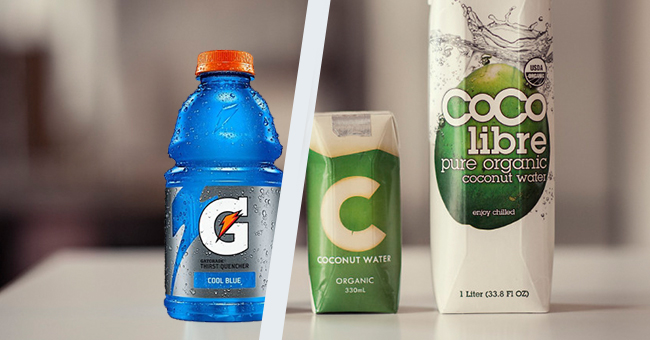
The claims of bottled coconut water being better than isotonic sports drinks caused a fuss across the sport drink industry and dietitians alike. Hydration is an important factor when exercising. Replacing lost fluids during a bout of moderate exercise can be easily achieved with water alone. However, when it comes to more endurance activities, isotonic sports drinks are often recommended for replacement of both water and electrolytes the body loses through sweat.
“An isotonic drink provides 6 to 8 percent carbohydrates with small amounts of potassium and sodium. That formulation allows the nutrients to be immediately absorbed into the intestinal tract and used by the body” says Jaclyn. She also points out that bottled coconut water is not designed the same way. “While the drink does contain those nutrients it’s concentration is not the same as isotonic beverages. It also does not hydrate as quickly. You may replace an isotonic drink with bottled coconut water but the effectiveness is not the same”.
The verdict – If you like the taste of coconut water and are happy to pay for it, there’s nothing harmful about drinking it. But if you’re drinking it for the claimed health benefits, you’ll find better value drinking water and eating a variety of fruit and vegetables.
Coconut Oil
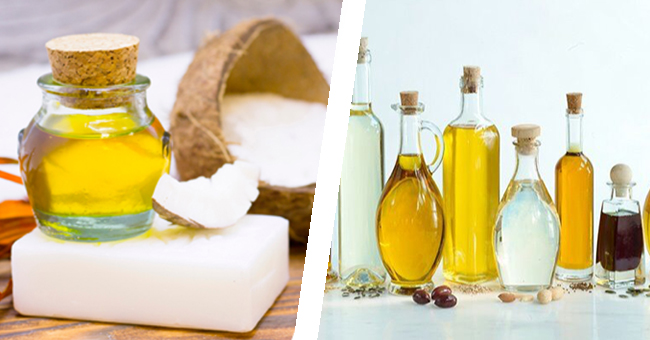
We all know there is something yummy coming when we sense that aroma of coconut oil heating in the pan! If your mum was anything like mine, coconut oil was the fix for many ailments, including a bland dish! The heavily marketed coconut oil is touted by the health community as a cure-all for everything from skin conditions to heart health. But, does it live up to the claims of improved cardiovascular health?
Science says…
Science suggests that coconut oil, which is 92 percent saturated fat, raises LDL (commonly known as the ‘bad’) cholesterol less than butter does, but significantly more than unsaturated plant oils, like olive oil. Comparatively, polyunsaturated fats increase the ratio of HDL (beneficial) cholesterol. This means it raises HDL compared to LDL, which isn’t seen with coconut oil.
We need fats in our diet, yet there are varying degrees of health benefit to the fat you choose. The rule of thumb is that you should consume mostly polyunsaturated fats, some saturated fats and try to avoid trans-fats. Trans fats are plant oils that have been through a process of hydrogenation. Be wary of some commercial coconut oils that have been through this process.
The verdict – Jaclyn recommends “Coconut is high in saturated fat, but if a recipe calls for a small amount of cold-pressed coconut oil then use it. The same applies to butter. If taste is important then use a bit.” However, she warns “remember even healthy fats have 9 calories per gram, so eating too much can lead to weight gain”.
Cendol
Coconut milk and cream
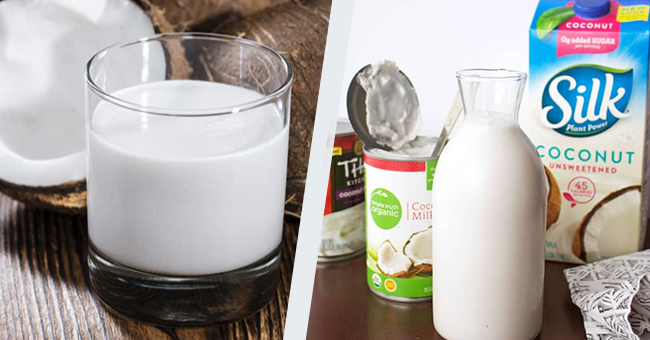
In contrast to coconut water, coconut milk comes from the fleshy white part of mature coconuts. The strained milk is thinner than the more fatty cream. Rich coconut curries and oh so yummy Cendol are hard to resist, but how do they fare for your health?
While coconut milk is rich is manganese, which is good for fighting muscle cramps and soreness a lot of its goodness is undermined by its high levels of saturated fat. Plus, it adds a lot of calories to your meals making it difficult to control weight loss.
Many ‘health’ marketers are quick to cite studies of the heart healthy Pacific islanders when it comes to selling coconut cream. Their traditional diets, with high intake of coconut products, meant they have very low incidence of cardiovascular disease. But an important factor that marketers often ‘overlook’ is the use of coconut flesh in food products. Meaning they are getting the all-important fibre that milks and creams have removed! Not to mention, their diets also consist of plenty of fresh fish, fruit, vegetables and a distinct absence of processed foods and refined sugars.
The verdict – Again, moderation is key.
In Conclusion – Coconut water, Coconut Oil, Coconut Cream: Not all bad, but not all it’s hyped up to be!
There are plenty of benefits to coconut products, especially when it’s mostly natural with little processing. But what you need to consider is the value it adds to your health. There is no magic pill or single super food that will give you health benefits beyond a balanced diet and active lifestyle. In other words, there is no quick fix! If you want an easy way to start (or continue) healthy, yummy and beneficial nutrition then consider an Active8me program today. You might just get a little coconut fix with our dietitian designed meal plans!










